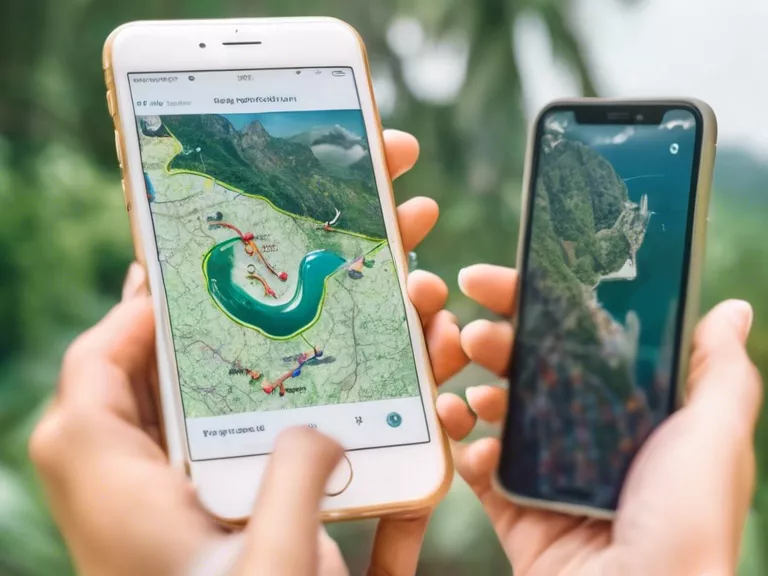
The Impact of Digital Nomadism on Global Travel Trends
In recent years, the rise of digital nomadism has significantly impacted global travel trends. Digital nomads are individuals who use telecommunications technologies to earn a living and conduct their life in a nomadic manner. This lifestyle has become increasingly popular, especially among younger generations who value flexibility and freedom in their work.
One of the key ways in which digital nomadism has influenced global travel trends is by shifting the focus from traditional tourist destinations to more off-the-beaten-path locations. Digital nomads often seek out destinations with lower costs of living, reliable internet access, and a strong sense of community among other nomads. This has led to a rise in popularity of places like Bali, Chiang Mai, and Lisbon as havens for remote workers.
Furthermore, the rise of remote work opportunities has blurred the lines between work and leisure for many individuals. Digital nomads are able to work from anywhere in the world, allowing them to explore new destinations while still earning a living. This has led to an increase in extended stays in one location, as digital nomads look to immerse themselves in the local culture and lifestyle.
The impact of digital nomadism can also be seen in the rise of coworking spaces and coliving arrangements around the world. These spaces cater specifically to remote workers, providing them with a supportive community, reliable internet access, and a conducive work environment. This trend has not only made it easier for digital nomads to travel and work, but has also created new opportunities for collaboration and networking.
Overall, the rise of digital nomadism has had a profound impact on global travel trends, influencing where people choose to travel, how they work while on the road, and the types of accommodations they seek out. As remote work opportunities continue to grow, we can expect digital nomadism to play an even larger role in shaping the future of travel.



